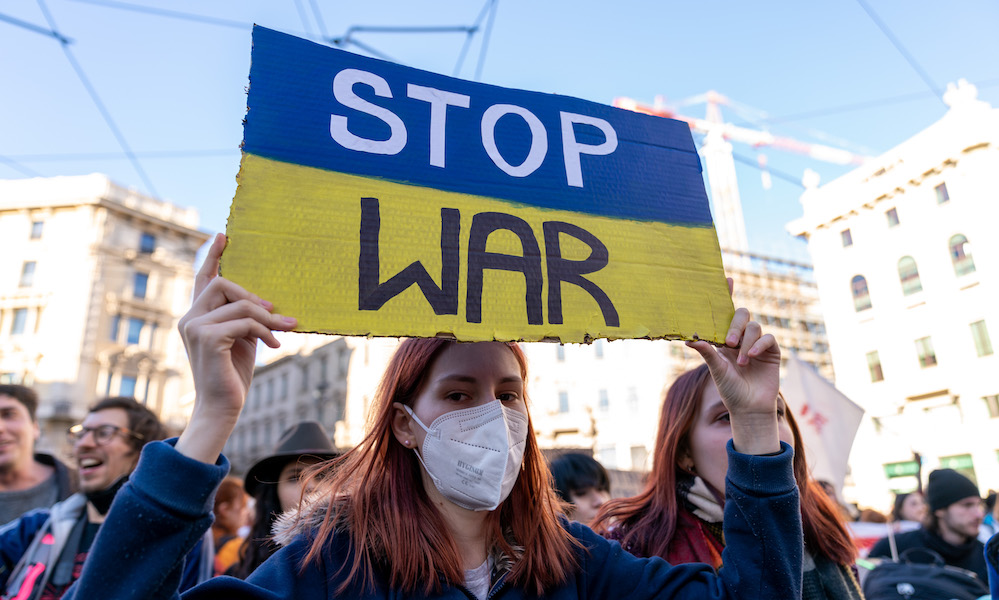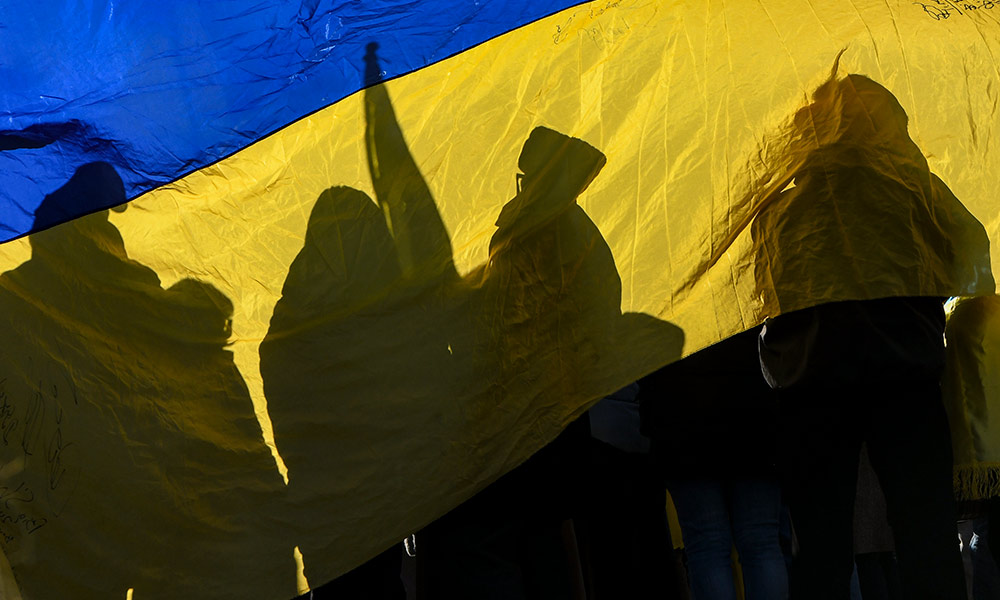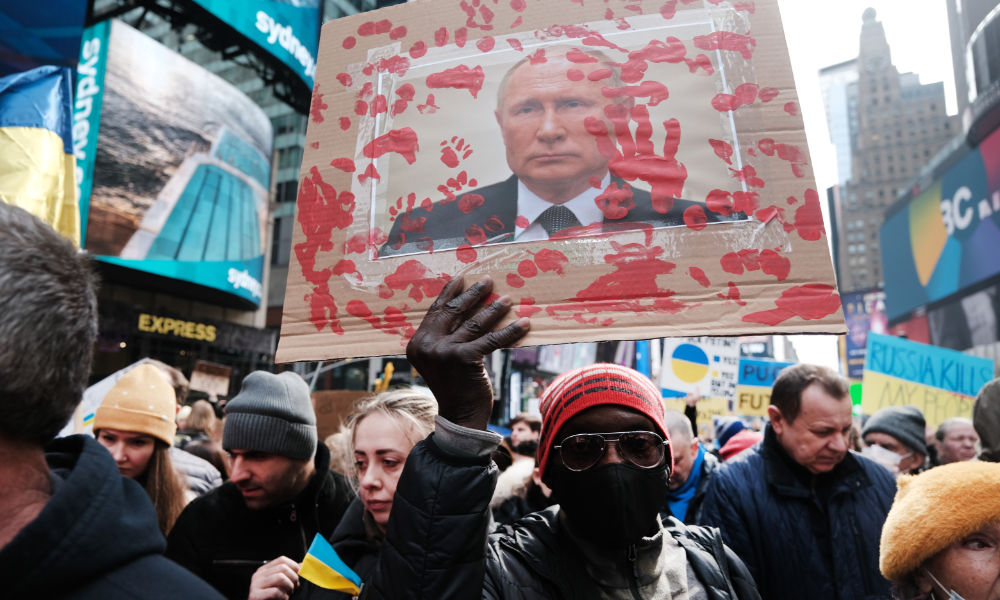Hein Goemans, a professor of political science at the University of Rochester and the director of the Peter D. Watson Center for Conflict and Cooperation, argues in a coauthored opinion piece in The Economist that the war in Ukraine won’t end until Russian and Ukrainian expectations intersect.
“The war in Ukraine, like any other, cannot end while the two sides have wildly different expectations about the likely outcome if both stay in the fight,” write Goemans, an expert on war termination, and his coauthor, Branislav Slantchev, a professor of political science at the University of California San Diego.
The duo argues that warring is a process of learning and reassessing information—about both the opponent’s and one’s own military capabilities, organizational strength, political will to fight, and the reliability of one’s allies. “People pay too much attention to what politicians say and too little to the most important sources of credible new information: observed behaviour and the battlefield itself,” they write.
Addressing Western allies directly, they contend that signaling commitment on one hand, while trying to manage expectations on the other, can be difficult. “Yet that is what Western leaders should be doing,” they write. “Instead of fairy tales about Ukraine winning in mere months, they should explain to their people why aid should be sustained, or increased, even though the war will not end soon.”
Goemans is the author of War and Punishment: The Causes of War Termination and the First World War (Princeton University Press, 2000) and coauthor of Leaders and International Conflict (Cambridge University Press, 2011).
- Read the full opinion piece in The Economist (subscription required).
- Listen to Goemans on a recent episode of WXXI’s Connections with Evan Dawson in which he discusses what might lead Ukraine and Russia to the negotiating table.




